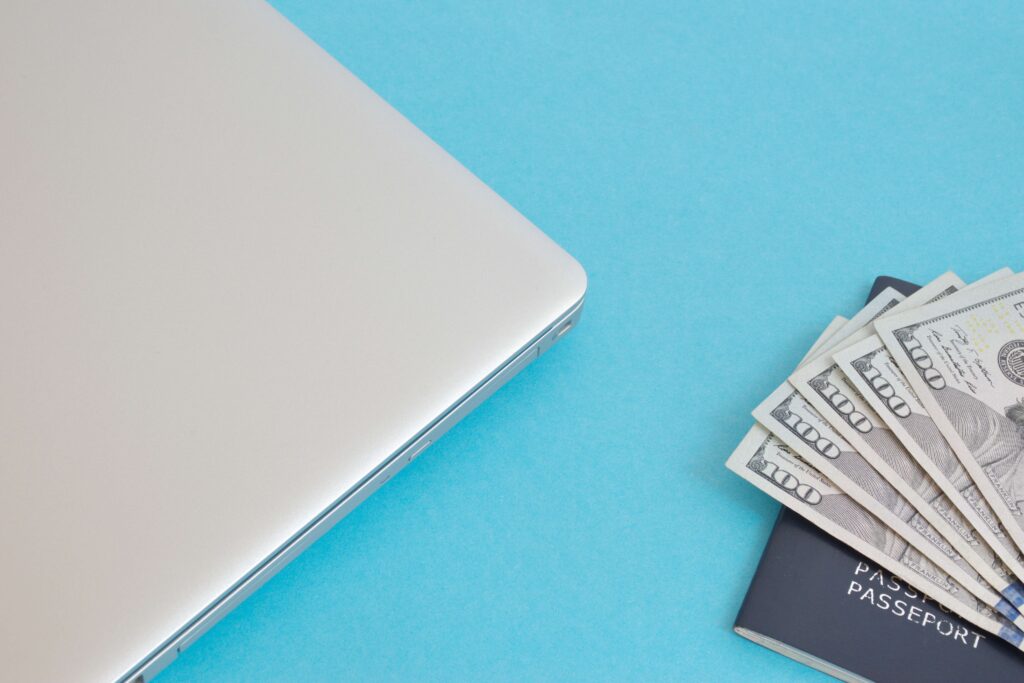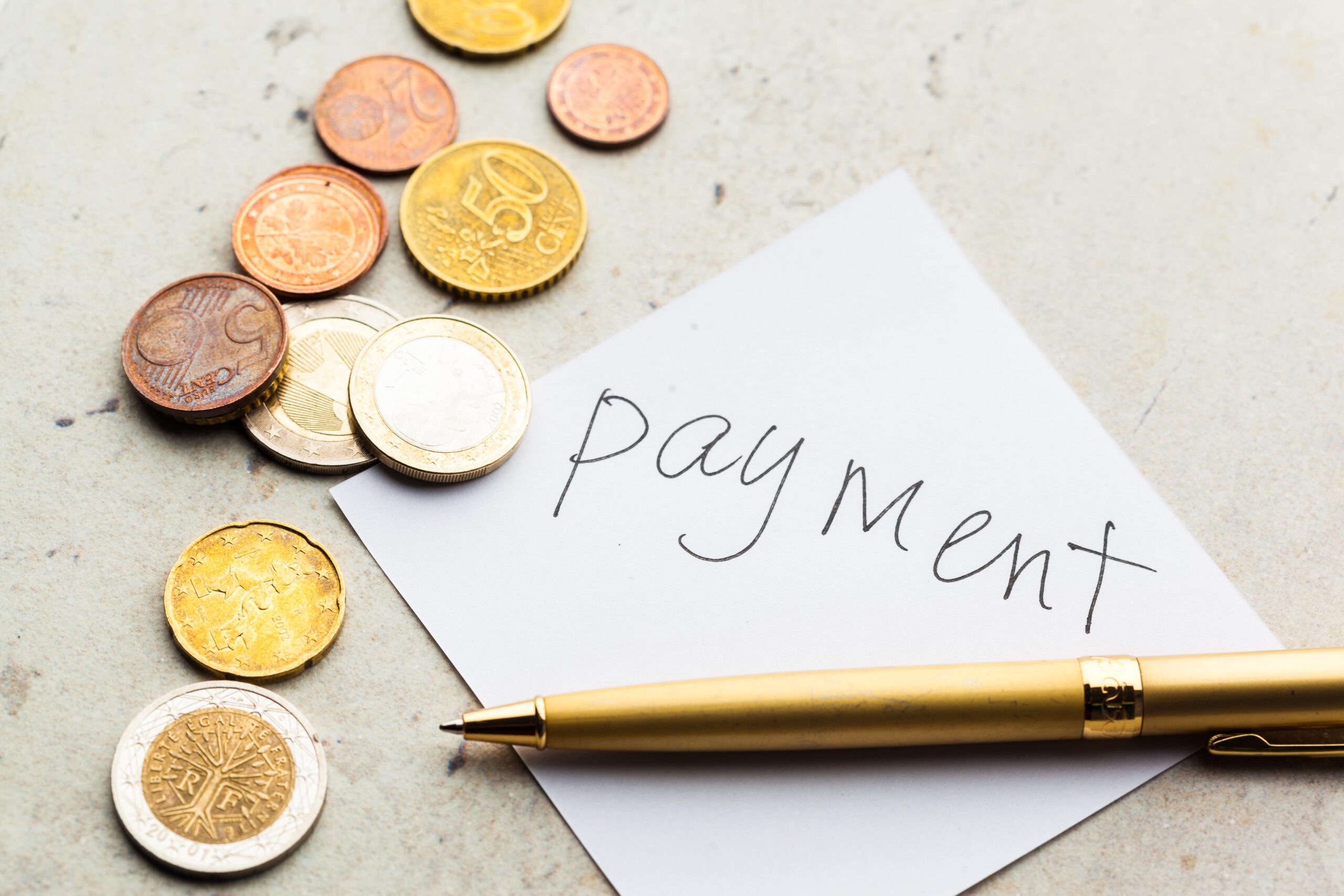For African freelancers, getting paid is often as challenging as landing clients. While the global freelance economy continues to grow, many talented professionals across the continent struggle with one question: which platform is better for receiving international payments? The debate over Payoneer vs PayPal Africa has become central, as these two platforms are the most commonly used gateways for cross-border transactions.
The payment gateway you choose directly affects income, savings, and client relationships. High fees, delayed withdrawals, and restrictions in certain countries make payment platforms more than just a tool; they are a lifeline for sustaining a freelance career. This is why many freelancers in Africa are searching for the best payment gateway, one that balances affordability, accessibility, and trust.
For some, PayPal’s global recognition and ease of use appear to be the safer option. Yet for others, Payoneer’s ability to connect directly to African bank accounts, coupled with its lower transaction costs, makes it more appealing. A Payoneer review of Africa often highlights how the platform empowers freelancers to withdraw funds reliably, especially in regions where PayPal remains limited. Understanding these nuances is crucial for every freelancer trying to make the smartest financial decision.
Why Payment Gateways Matter for African Freelancers
Even when projects are secured, receiving payments can become a frustrating hurdle. Traditional banking systems often don’t support seamless cross-border transfers, and in some cases, clients are unwilling to navigate complex or unfamiliar methods to send money.
This is where finding the best payment gateway for freelancers grows from being a convenience into a necessity. A reliable platform ensures that payments arrive on time, fees don’t eat into earnings, and withdrawals can be made into local bank accounts with minimal stress. For freelancers in Africa, where global payment systems are sometimes restricted, the choice between platforms like Payoneer and PayPal can determine how easily they can scale their freelance business.

PayPal in Africa
PayPal is one of the most recognized payment platforms in the world, making it a natural choice for freelancers who work with international clients. Its global reputation often reassures clients, since many are already familiar with the service and prefer using it for payments.
However, PayPal’s availability in Africa is uneven. In some countries, freelancers can fully use the platform to receive funds, send payments, and withdraw to local bank accounts. In others, PayPal only allows sending money, but not receiving it, which makes it unusable for freelancing. This patchy access has been a major limitation for African freelancers.
On the plus side, PayPal is quick to set up, user-friendly, and widely accepted across freelance marketplaces and client transactions. But its downsides include relatively high fees, unfavorable exchange rates, and withdrawal restrictions in certain regions. For freelancers in countries where PayPal is fully operational, it offers convenience and credibility. For others, its limitations can make it more of a roadblock than a solution.
Payoneer in Africa
Payoneer has steadily grown into a strong alternative for freelancers across Africa, especially for those who rely on freelance marketplaces like Upwork and Fiverr. Unlike PayPal, which is not fully available in some African countries, Payoneer has made deliberate efforts to expand its services across the continent, offering more reliable access for freelancers.
One of its biggest advantages is the ability to withdraw directly into local bank accounts in many African countries. This feature reduces the stress of finding third-party solutions, making it a practical choice for freelancers who need quick access to their earnings. Payoneer also offers lower transaction fees compared to PayPal in most cases, and its exchange rates are often more favorable.
On the downside, Payoneer accounts can take longer to approve, and the platform charges an annual account maintenance fee, which some freelancers may find discouraging. In addition, unlike PayPal, Payoneer isn’t always recognized by individual clients for direct payments. It’s more commonly used in structured freelance marketplaces or business-to-business transactions.
For freelancers who prioritize lower fees and smooth bank withdrawals, Payoneer stands out as a dependable option across Africa.
Payoneer vs PayPal Africa: A Side-by-Side Look
When choosing between Payoneer and PayPal, African freelancers often weigh three key factors: fees, accessibility, and usability.
In terms of fees, Payoneer generally has the edge. Its transaction charges and exchange rate margins are usually lower than PayPal’s, which can make a significant difference for freelancers handling large or frequent payments. PayPal, on the other hand, is known for higher service fees and less favorable currency conversion rates, which can eat into a freelancer’s earnings.
On accessibility, Payoneer has a wider reach in Africa. Many freelancers can link their Payoneer accounts to local banks and withdraw funds directly, while PayPal’s services remain restricted in several countries. For those living in regions where PayPal doesn’t support receiving payments, Payoneer is often the only practical choice.
When it comes to usability, PayPal wins in terms of client preference. Its global popularity means that clients are more comfortable paying through PayPal, making it easier to close deals without long explanations. Payoneer, though trusted within professional freelance platforms, is less familiar to individual clients, which sometimes requires additional effort to convince them to use it.
Ultimately, the choice depends on what matters most: if you need wider acceptance and a recognizable name, PayPal may work best. But if you want lower fees and reliable withdrawals in Africa, Payoneer is often the smarter choice.
Conclusion
The debate over Payoneer vs PayPal Africa highlights the reality that no single platform fits every freelancer’s needs. For those seeking global recognition and client trust, PayPal remains a convenient option, though its fees and limited availability in some African countries can be frustrating. Payoneer, on the other hand, earns positive marks in any Payoneer review in Africa thanks to its lower fees, direct bank withdrawals, and wider accessibility across the continent.
At the end of the day, the best payment gateway for freelancers in Africa depends on individual circumstances. If your clients prefer PayPal and you live in a country where it functions fully, it may be the simplest choice. But if you value cost savings and reliable access to your hard-earned income, Payoneer could be the more practical solution.
As you weigh your options, remember that you’re not navigating this decision alone. Join the conversation on AfricanFreelancers.com, where freelancers across the continent share real experiences, tips, and strategies to make cross-border payments work better for them.





